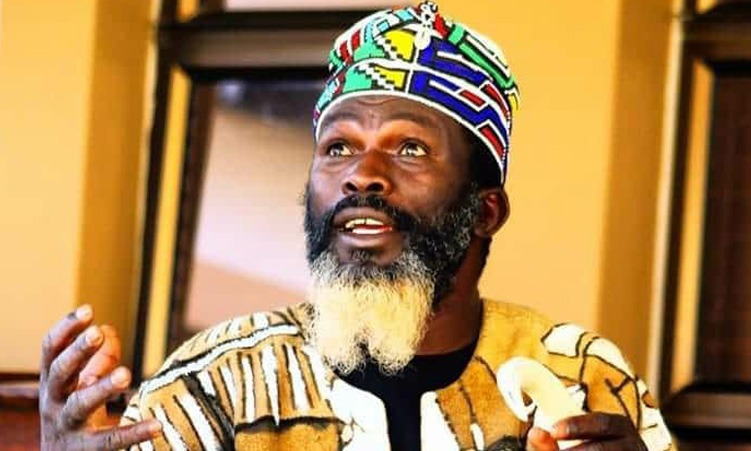The 28th CONFERENCE OF the Parties (COP28) under the United Nations Framework Convention on Climate Change was convened in Dubai, United Arab Emirates, from 30 November to 12 December last year.
These annual COP conferences have been a fixture since 1992, except for of 2020 due to the Covid-19 pandemic.
While governments and global leaders have extolled these gatherings as pivotal for addressing the climate crisis and curbing global temperature escalation, criticism has mounted regarding their effectiveness.
Perceived as symbolic gestures by the global elite, these 14-day events are viewed as little more than jamborees and excursions for influential figures.
Beyond this limited duration, concerns abound that world leaders and corporations often disregard the imminent threat of climate change.
This has led to growing scepticism about the authenticity and usefulness of these summits, which some argue are becoming more ritualistic.
COP28, held in Dubai, generated excitement with the announcement of a ‘landmark deal’ aimed at transitioning away from fossil fuels.
However, this news should be met with scepticism for various reasons.
The appointment of COP28’s presidency raised criticism, with figures like Greta Thunberg and former United States vice president Al Gore expressing concerns about the influence of fossil-fuel interests.
COP conferences have a history of producing vague, non-binding plans to combat climate change.
Despite numerous pledges made since 1992, they often remain unfulfilled or forgotten once the conference concludes.
The recent ‘landmark deal’ at COP28 to transition away from fossil fuels raises questions about its enforceability and commitment from participating nations.
Moreover, past COP agreements have been marred by broken commitments, particularly in emission reductions and promised climate finance.
Developed countries in 2010 agreed to mobilise US$100 billion per year by 2020.
Because they failed to meet this promise, in 2015 in Paris, the goalposts to meet this target were extended to 2025.
This lack of follow-through has led to growing disillusionment, undermining trust in these gatherings’ ability to instigate substantive change.
Despite the portrayal of COP28’s ‘landmark deal’ as a success, some dissenting voices, including the writer of this opinion piece, challenge this narrative.
Such descriptions of COP28 create false hope and support for reformist ideologie while substantive progress remains elusive.
Every COP conference in the past has been labelled a success.
However, the repetitive cycle of promising change without concrete action perpetuates universal suffering.
It is worth stating that COP conferences are increasingly becoming so disconnected from the reality of the climate catastrophe, with media coverage failing to address the crisis adequately.
There is a real danger that just like other conferences, COP28 has played more tricks and succeeded in giving the illusion that the world is now on the path to transit from fossil fuels and on track to limit global temperatures to below 1,5 degrees Celsius.
As the world anticipates COP29, the sincerity and impact of these high-profile gatherings remain under scrutiny.
Calls persist for substantive actions over symbolic gestures and fleeting headlines to effectively address the pressing challenges posed by climate change.
– Erisher Woyo holds strong opinions about sustainability. He teaches global tourism development in the Department of Marketing, International Business and Tourism at the Manchester Metropolitan University and writes in his personal capacity.
Stay informed with The Namibian – your source for credible journalism. Get in-depth reporting and opinions for
only N$85 a month. Invest in journalism, invest in democracy –
Subscribe Now!






